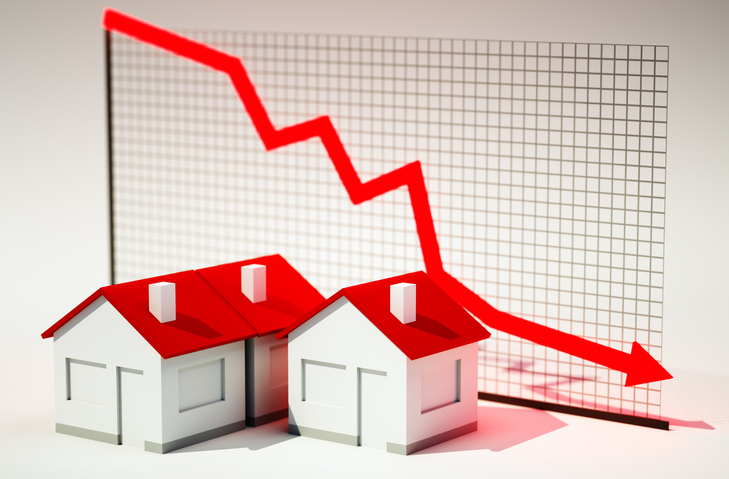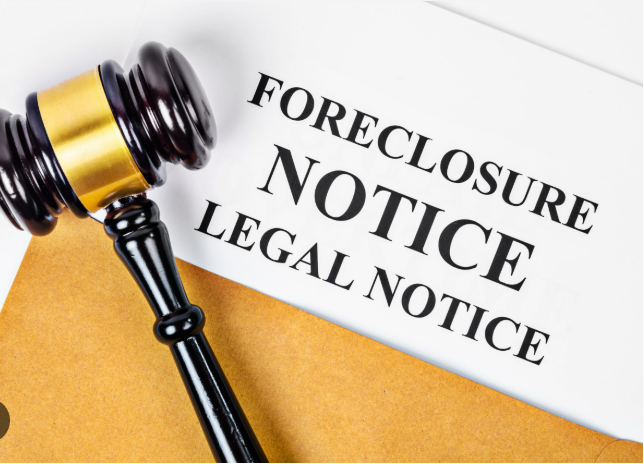As a home seller in Atlanta, you may be keeping an eye on economic headlines related to China, especially those related to trade policy and the trade war under the Trump administration. One of the big questions looming for many is: Will rising tariffs affect your home sale in Atlanta? In April, new tariffs on construction materials such as lumber and steel are set to take effect, potentially impacting the housing market and construction costs. With fluctuating global markets and evolving political dynamics, it’s crucial to understand how international trade decisions can influence local real estate outcomes.
Understanding Tariffs and Their Ripple Effects
Tariffs are taxes placed on imported goods by companies, often implemented as a tool to protect domestic industries. While their immediate impact is on trade and manufacturing sectors, their effects can quickly extend to housing markets, affecting homebuilders significantly. Small and independent businesses are struggling to adapt to these changing trade policies and economic conditions. Small business owners are afraid of the potential negative impacts of trade tariffs on their operations. In cities like Atlanta, known for rapid development and competitive home prices, rising tariffs can potentially introduce unexpected challenges for both homebuyers and sellers, which may hit the housing market hard.
How Tariffs Influence Construction Costs
One of the most direct ways rising tariffs affect home sales in Atlanta is through the increased costs of construction materials. Tariffs on imported steel, aluminum, and lumber have led to price hikes, making building and renovating homes more expensive. These tariffs impact profit margins for developers who build entry-level homes, making it increasingly difficult to finance and complete such housing projects. This rise in rising costs can deter developers from building new homes, constricting supply and impacting consumers.
For sellers, this reduced inventory might sound like good news—less competition can lead to faster sales and better prices. However, higher building costs also make homes more expensive for customers, which can limit their purchasing power and affect sellers’ plans for pricing . If buyers are forced to adjust their budgets, sellers might find it harder to close deals at their desired asking prices.
Impact on Home Improvement and Renovation
Homeowners preparing to sell often invest in renovations to boost their home’s value. But when tariffs drive up the cost of imported fixtures, quality appliances, and products, these updates become more expensive. Sellers might either delay important needed repairs or cut back on upgrades for their business, making their homes less appealing to buyers.
In Atlanta, where many neighborhoods feature older homes, renovations are key to staying competitive in the market. If costs related to residential construction become prohibitive, sellers may be unable to present their properties in the best light, which could hit potential buyers hard, potentially lowering sale prices or prolonging time on market.
Buyer Behavior and Affordability Concerns
The broader economic impact of rising tariffs can also influence buyer sentiment. People affected by the economic impact of tariffs, including business owners and consumers, may face inflation, as economists note particularly due to the ongoing trade war being a source of raising the overall cost of living. In turn, potential buyers may become more conservative in their spending, including how much they are willing to pay for a home, as reflected in the latest news .
For sellers in Atlanta, this shift in buyer behavior can mean more negotiation over price, increased concessions, or longer periods before securing a buyer. Even in a market that has seen consistent demand, the financial stress on buyers can slow down activity, which is a situation many sellers feel honored to navigate .
Investor Activity and Market Dynamics
Atlanta has long attracted real estate investors due to its growth, affordability, and rental demand. However, rising tariffs on imports, particularly Canadian, Mexican, and Chinese construction materials, can have a dampening effect on investment. If construction costs soar or economic uncertainty rises, investors may choose to pause or scale back their purchasing activity.
For home sellers, especially those with properties that appeal to investors—such as multi-family units or fixer-uppers—a drop in investor interest can narrow the pool of potential buyers. This reduced competition might hit pricing and time on market.
Mortgage Rates and Lending Environment
While tariffs themselves don’t directly influence mortgage rates, the economic instability they contribute to can have a ripple effect on interest rates and loan accessibility, as stated by the president . The plans enacted by the Trump administration regarding tariffs on construction materials, coupled with cuts to federal housing subsidies, may cause lenders to tighten borrowing criteria if market risks increase, making it harder for buyers to secure financing.
Sellers may see more deals fall through due to financing issues or encounter more buyers who are pre-approved for smaller loan amounts. These challenges can complicate the sale process and result in a request for lower final sale prices, which the market expects as a trend .
Regional Considerations for Atlanta Home Sellers
Atlanta’s real estate market is diverse, encompassing everything from upscale urban condos to sprawling suburban homes. The impact of rising tariffs from countries, including those in the European Union, can vary based on location and property type. For instance, high-end homes with imported materials may face sharper pricing pressures, while entry-level homes might see more demand but tighter buyer budgets.
Sellers in up-and-coming neighborhoods may also feel the pinch if infrastructure projects slow due to higher material costs. In recent weeks, developments that typically boost property values could be delayed, even into the night affecting nearby home sales.
Strategic Steps for Atlanta Sellers
Despite the potential challenges ahead , there are strategic steps, as some experts comment, you can take to navigate the uncertainty:
- Price Your Home Realistically: Stay informed on current market trends and avoid overpricing your home. A well-priced property will attract more serious buyers, even in uncertain times.
- Highlight Energy Efficiency and Cost Savings: If your home features energy-efficient appliances or cost-saving renovations, highlight these perks. Buyers feeling economic pressure are often drawn to homes that promise lower long-term expenses.
- Work With an Experienced Agent: A local real estate agent who understands the nuances of the Atlanta market can offer valuable insights and negotiation strategies to help you close successfully.
- Be Flexible: Consider offering incentives such as covering closing costs or including certain furnishings. These can sweeten the deal without requiring you to lower the sale price significantly.
- Finding Innovative Strategies: Emphasize the importance of finding innovative strategies and solutions in homebuilding to adapt to rising costs and market changes. This can include developing new materials, construction techniques, and operational efficiencies to better serve customers.
Conclusion
So, will rising tariffs affect your home sale in Atlanta? The answer is: they might, as the market expects some fluctuations due to the current situation. While the direct connection may not always be obvious, the ripple effects of trade policies initiated by President Donald Trump, including reciprocal tariffs, can shape everything from construction costs to buyer behavior. For home sellers, staying informed, maintaining a strong focus on market trends, working with knowledgeable professionals, and being flexible can help you adapt to market shifts and achieve a successful sale.
Ultimately, while you can’t control global economic decisions, you can control how well you prepare your home for sale. By understanding how rising tariffs affect home sales in Atlanta, you position your business to make informed, strategic decisions that protect your investment and maximize your return without letting opportunities pass by .




